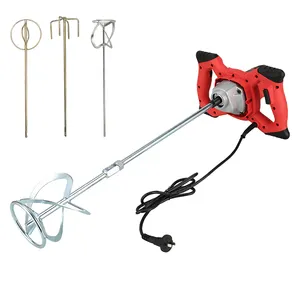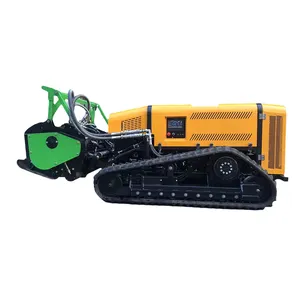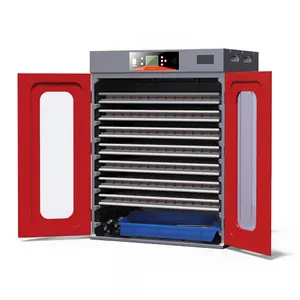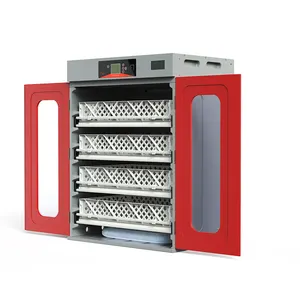Popular in your industry































































Related Searches:















































































































































Top categories
About yarn spinning
Introduction to Yarn Spinning
Yarn spinning is the process of creating yarn from raw fiber materials such as cotton, wool, or synthetic fibers. This process involves drawing out and twisting the fibers to form a continuous strand suitable for weaving or knitting. Yarn spinning is a crucial step in the textile industry, where different types of spinning machines are used to produce various yarn types.
Types of Yarn Spinning Machines
There are several types of yarn spinning machines used in the industry, each with its unique features and capabilities. Some common types include ring spinning machines, open-end spinning machines, and air-jet spinning machines. Ring spinning machines are known for their versatility and ability to produce high-quality yarn, while open-end spinning machines are faster and more cost-effective for producing large quantities of yarn. Air-jet spinning machines use compressed air to twist the fibers into yarn, resulting in a soft and uniform product.
Technical Specifications of Yarn Spinning Machines
Yarn spinning machines come with a range of technical specifications that determine their performance and output. These specifications include the spindle speed, drafting system, yarn count range, and production capacity. The spindle speed of a spinning machine indicates how fast it can twist the fibers into yarn, with higher speeds typically resulting in increased productivity. The drafting system controls the amount of fiber drafted during the spinning process, affecting the yarn's strength and thickness. The yarn count range refers to the range of yarn thicknesses that a machine can produce, while the production capacity indicates the amount of yarn the machine can produce in a given time frame.
Advantages of Using Yarn Spinning Machines
There are several advantages to using yarn spinning machines in the textile industry. These machines offer increased efficiency and productivity compared to hand spinning methods, allowing manufacturers to produce yarn in large quantities to meet market demand. Yarn spinning machines also ensure consistent yarn quality and uniformity, leading to higher-quality finished products. Additionally, modern spinning machines are equipped with advanced features such as automatic tension control and yarn break detection, further enhancing their performance and reliability.
Choosing the Right Yarn Spinning Machine
When selecting a yarn spinning machine for your business, it is essential to consider several factors to ensure you choose the right equipment for your needs. Factors to consider include the type of fibers you will be spinning, the desired yarn specifications, production volume requirements, and budget constraints. Different spinning machines are designed for specific types of fibers, such as cotton spinning machines for cotton fibers and wool spinning machines for wool fibers. By understanding your production requirements and budget, you can select a yarn spinning machine that meets your business needs.
Use Scenarios for Yarn Spinning Machines
Yarn spinning machines are used in a variety of scenarios across the textile industry, from small-scale artisanal operations to large-scale manufacturing facilities. Artisans and crafters may use compact spinning machines for creating unique and artisanal yarns, while large textile mills rely on high-speed spinning machines for mass production. Yarn spinning machines are versatile tools that can be adapted to different fiber types and yarn specifications, making them suitable for a wide range of applications.
Maintenance of Yarn Spinning Machines
Proper maintenance of yarn spinning machines is essential to ensure their longevity and optimal performance. Regular maintenance tasks include cleaning the machine components, checking and replacing worn parts such as belts and bearings, and lubricating moving parts to prevent friction and wear. It is also important to conduct routine inspections and troubleshooting to identify and address any issues before they escalate. By following a comprehensive maintenance schedule and addressing issues promptly, you can prolong the lifespan of your yarn spinning machine and maintain consistent production quality.


































